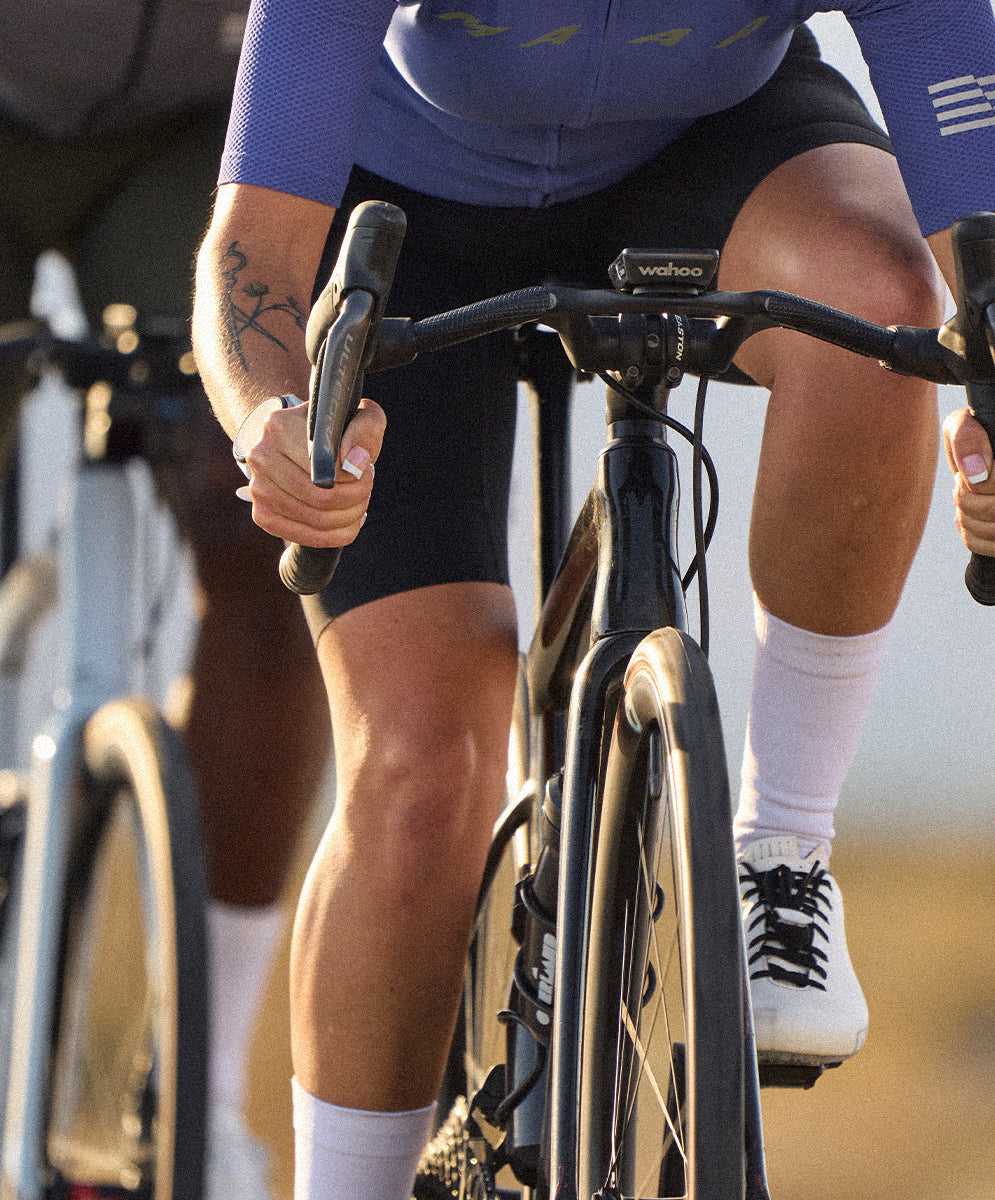The Gandalf of Gravel, Yuri Hauswald documents an adventure riding and eating with the team at The Cyclist's Menu Gravel Camp over in the Patagonia, Arizona.
"This one time, at The Cyclist’s Menu gravel camp," says Yuri, "I touched the border at an old ghost town and pedaled remote gravel roads that Pancho Villa used when he came up from Mexico to steal cattle from the original San Rafael Cattle Company. While we did see a lot of Border Patrol agents patrolling the vast, desert expanse, there were no outlaws, unless, of course you include our gang of gravel campers on their carbon, steel, and titanium gravel bikes, thundering across the vast network of borderland roads."
credit for images @freihoferphotography

Patagonia, Arizona sits at 4,044 ft. in the south-central part of the state. It was originally a mining town and supply center for the region in the 1890's, and is one of three towns left in Arizona that still has an active Marshall's Department for law enforcement.
Located sixty miles southeast of Tucson, the town is part of one of Arizona’s unique Sky Island ranges, and lies at the intersection of the Rocky Mountains, the Sierra Madre, the Sonoran Desert, the Chihuahuan Desert, the Great Plains, and the Neo Tropics. Today there’s a unique mixture of the cattle rancher and wild west past with a growing artist/miner/birder/gravel cycling community.

Who are The Cyclist’s Menu? Well, it’s the dynamic duo of Heidi and Zander Ault, two passionate, hard chargers committed to giving their guests the best gravel camp experience possible. I actually met Heidi first, when she raced mountain bikes professionally, and we developed a friendship from there. Chef Z doesn’t mess around when it comes to the food that is served at camps, and says “The Cyclist's Menu sources directly to support local food sheds in each destination they travel to. This creates community, strengthens that local food economy and helps reinforce the importance of coordinating your regular purchasing from a much smaller radius. These are the types of bonds we create to instill a special connection to place within our clients’ lives.”


0 comments